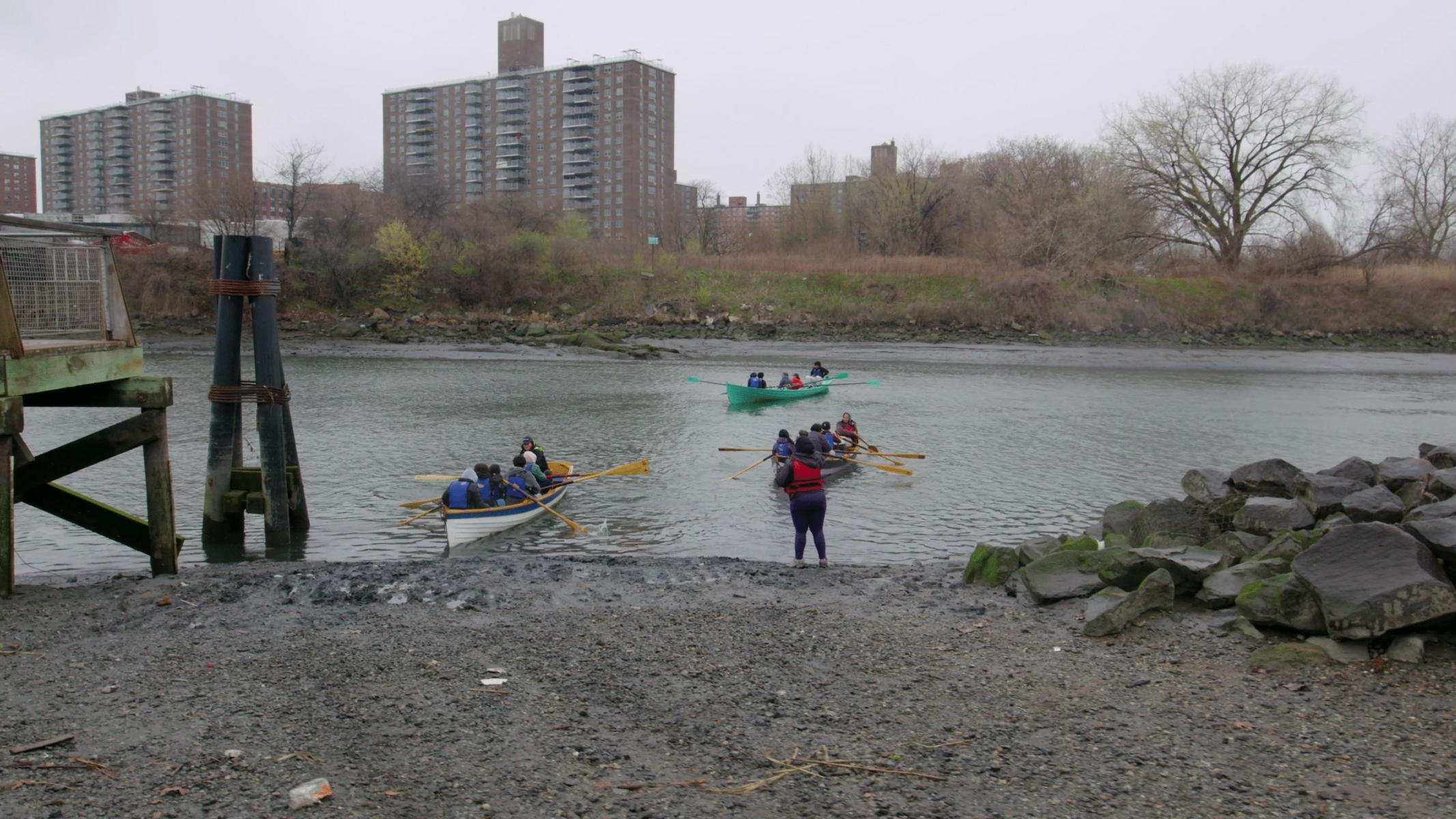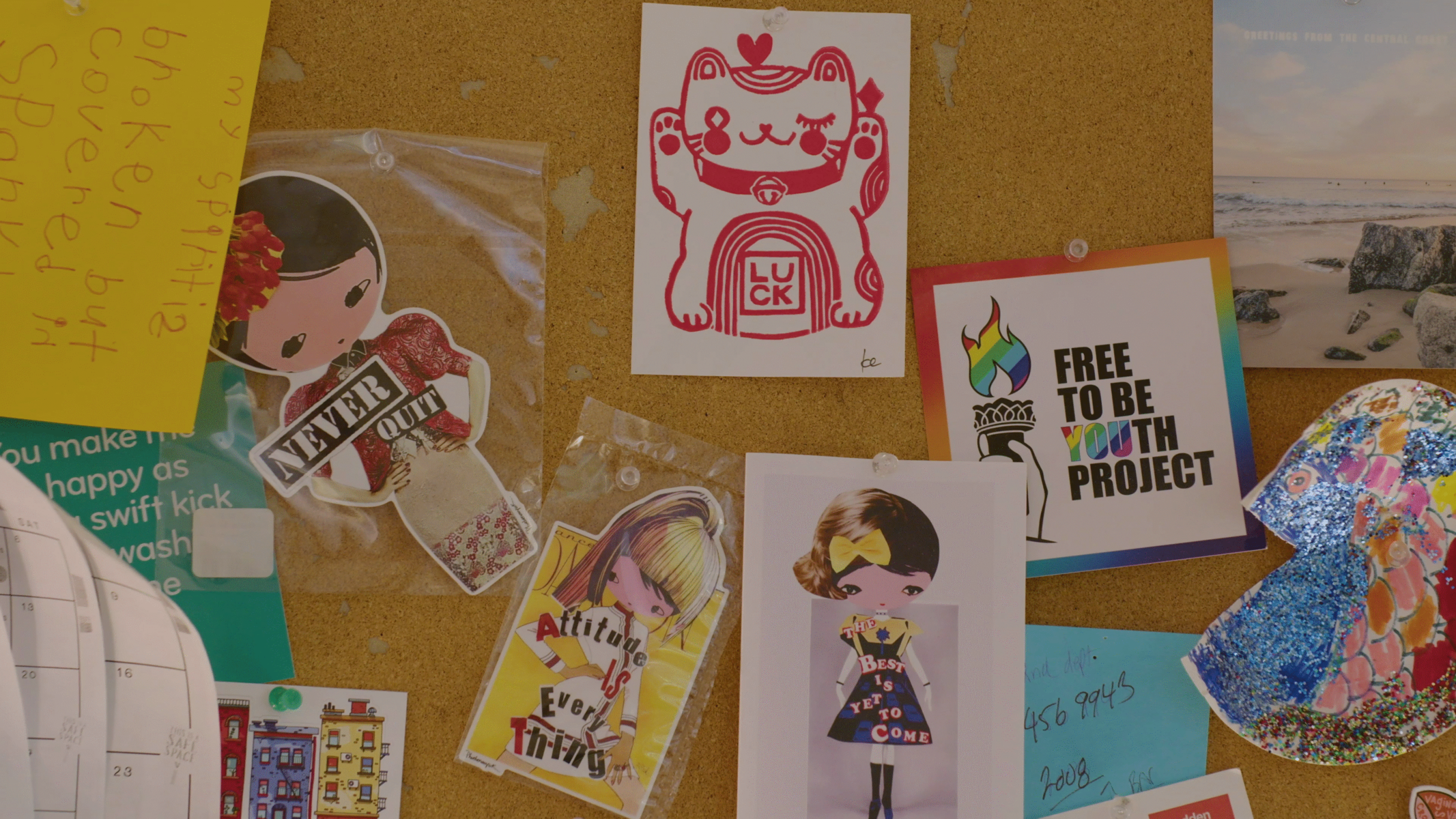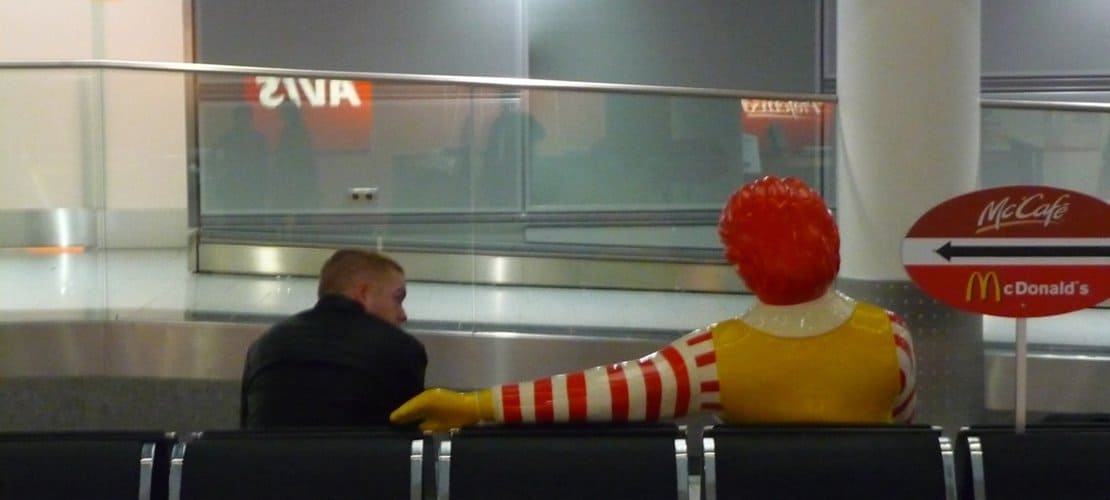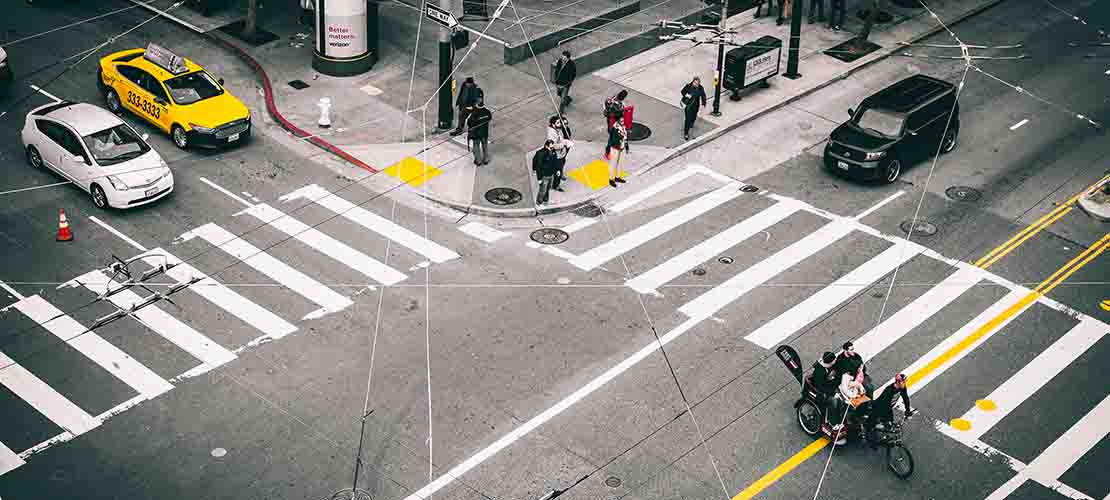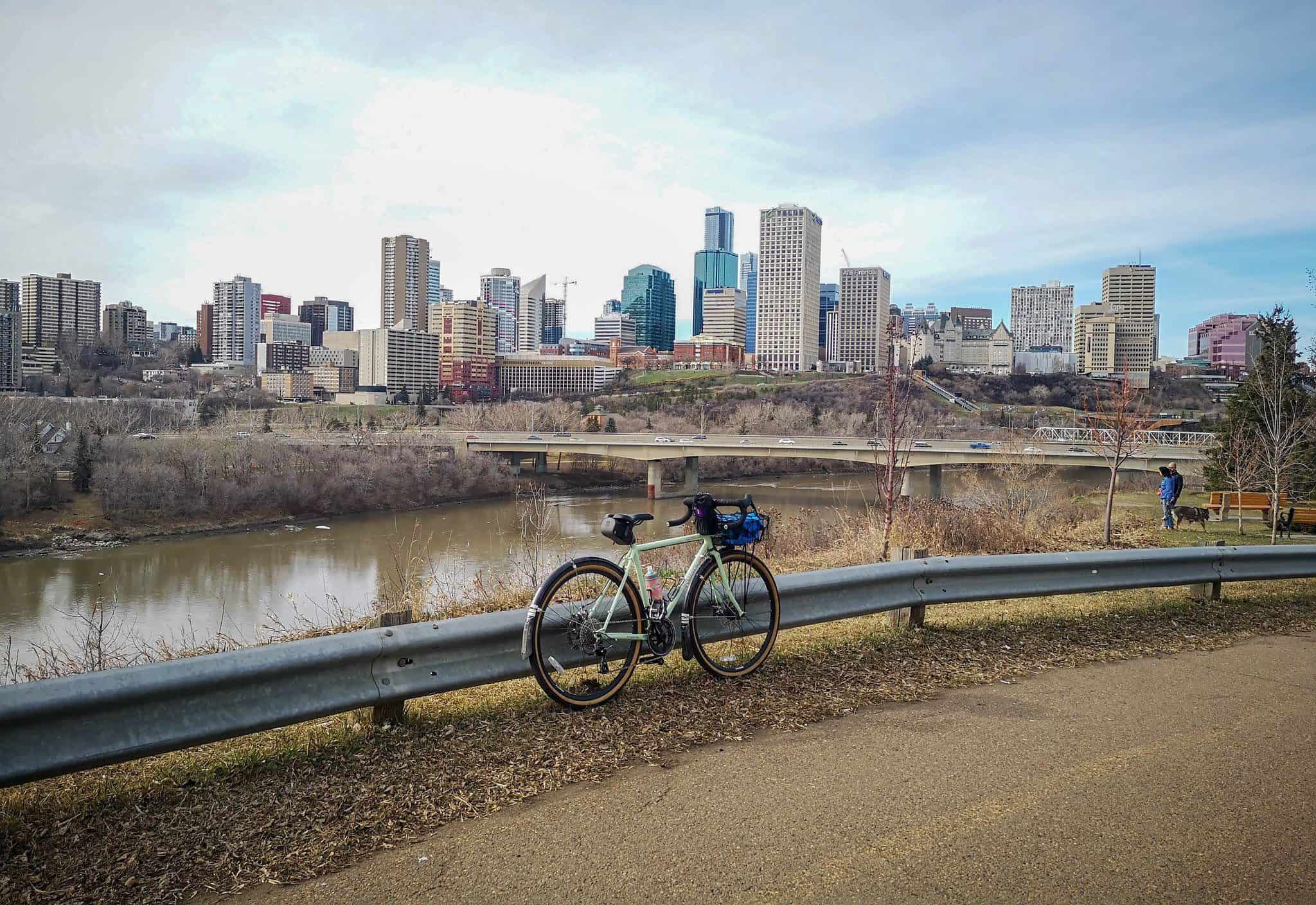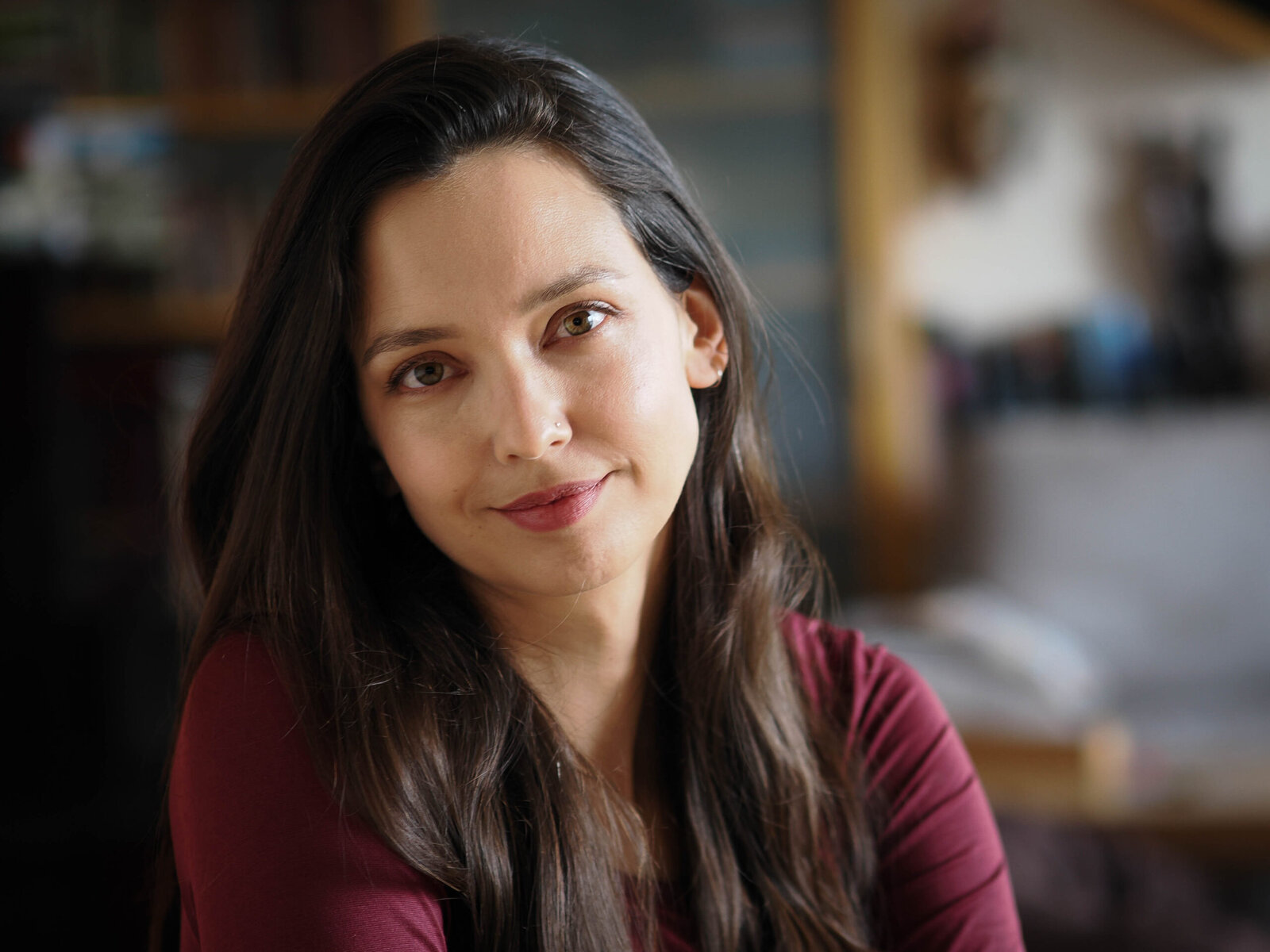Welcome to The Spark, a brand-new monthly newsletter from Reasons to be Cheerful that’s all about how people just like you are creating positive change, one meaningful step at a time. This month’s theme: immigration and refugees.
We created this newsletter in response to the number one question we hear from readers: How can I — a regular person who cares about the world — get involved in the issues you report on? For years, we resisted answering it. We’re journalists, not activists. We report on solutions, we don’t advocate for them. But the world is changing, and we decided that illuminating avenues to involvement falls within our mission.
So each month, we’ll devote this space to a different topic, and show how people like you are making a difference. If you’d like to see The Spark in your inbox every month, you can sign up here.
Still with us? Amazing. Now let’s spark some change…
–The RTBC editorial staff
In This Issue:
🏡 An initiative helping newcomers find their footing after arriving in the U.S.
🌷 Community gardens that welcome migrants and refugees
⚽ How soccer’s universal language is bringing people together
“Knowing a neighbor is a game-changer”
Last month, Beyza Burçak Klein found herself in the basement of a New York synagogue applauding newly arrived immigrants and refugees graduating from an English class. Among them was a Venezuelan refugee named Juan whom Burçak Klein and her sponsor circle had helped settle in his new community over the previous five months.
Knowing she had helped Juan reach this milestone made this an emotional moment for Burçak Klein. “Him graduating, having connections with his friends, and having that agency, self-sufficiency and independence really moved me because I know when he first arrived, he was confused, overwhelmed, and so different,” she says. “And now he’s his own person again, and he’s able to live to the fullest here.”
Burçak Klein’s sponsor circle is a New York-based group that helps refugees find their footing after arriving in the U.S. “There are about 10 people involved in my sponsor circle,” she says. “It’s a group of just everyday, ordinary people.”
Community sponsorship programs, where locals band together to welcome and support new refugees and immigrants, are considered a best practice for resettlement and integration by the UNHCR. Common in Canada and many European countries for years, they allow anyone to make a meaningful difference in the lives of new arrivals. “Knowing a neighbor is a game-changer for anyone,” says Burçak Klein, who also found the support of the local community invaluable when she emigrated from Turkey to the U.S. in 2016.
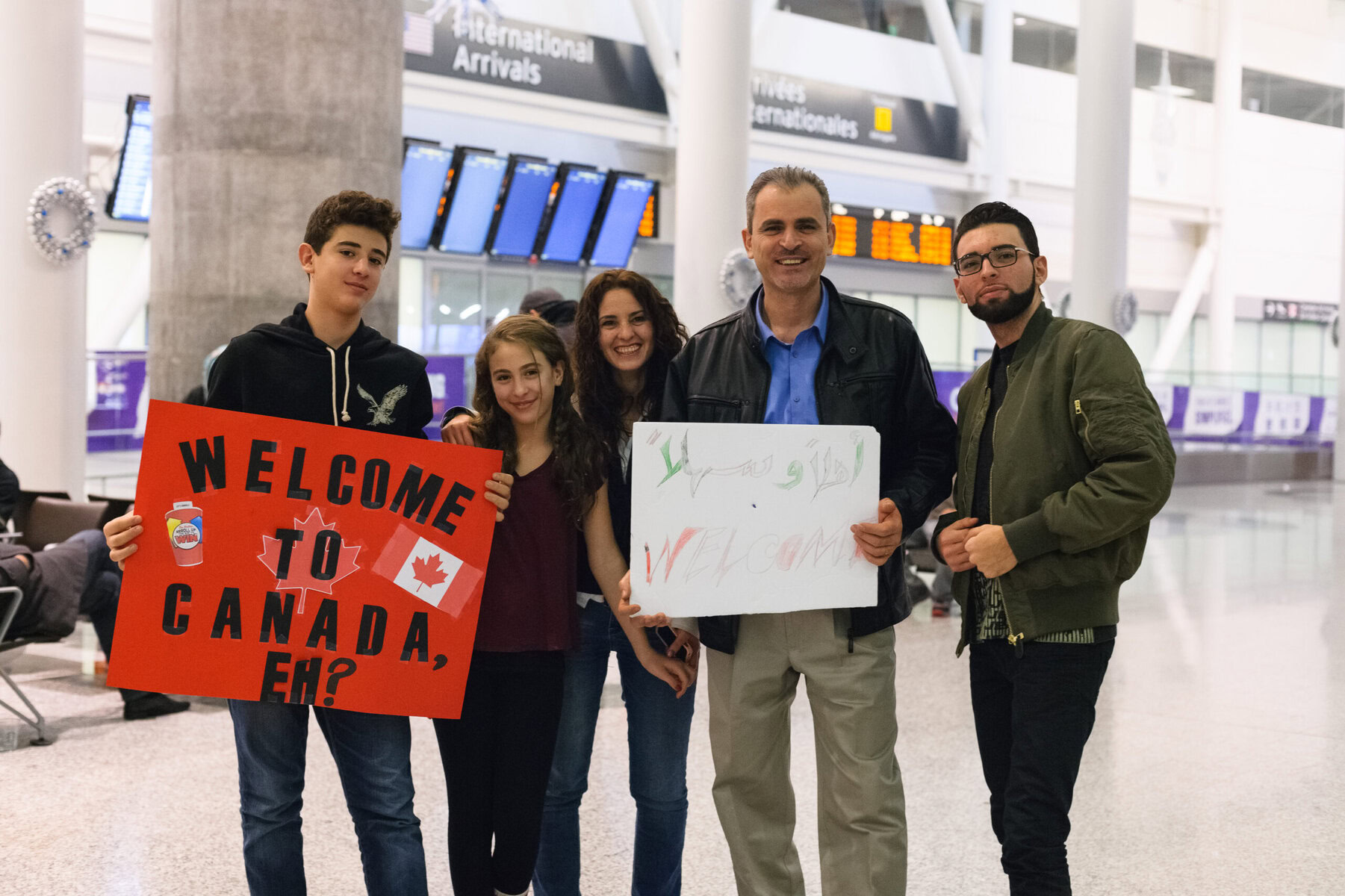
Communities across the U.S. are eager to support refugees and immigrants. More than 160,000 Americans across all U.S. states signed up for the federal government’s Welcome Corps, which launched in January 2023 to help groups of residents support refugees for 90 days after arrival in the U.S. The program was terminated by the Trump administration in February, but people are still able to sponsor Afghan allies and refugees who have already legally resettled in the U.S. through the Sponsor Circle Program run by the Community Sponsorship Hub, which led the consortium behind Welcome Corps.
“People who are still able to arrive are coming here with no support because the organizations that would have supported them are not operational or don’t have the same resources as before,” says Burçak Klein, whose own group quickly pivoted from the Welcome Corps to the Sponsor Circle Program after February.
It’s not just the immigrants who benefit, she points out. “Expanding your community and finding new friendships and connections and valuable human interaction” is good for everyone. And in places where the population is aging or shrinking, sponsors help to bring new life and economic strength to where they live, she says.
Weighed down by negative news?
Our smart, bright, weekly newsletter is the uplift you’ve been looking for.And those on the receiving end pay it forward. When the time came to welcome Ahmed, a refugee from Afghanistan, to New York in April, Juan was eager to participate. “He was like, ‘I want to help. I want to support. I want to do the things that you did for me,’” says Burçak Klein. “He was at the airport to welcome him. He took him out for a tour of New York and showed him the Brooklyn Bridge.”
In addition to acting as a welcoming committee, sponsor circles handle logistics to make arrivals as smooth as possible, including securing housing, fundraising to cover the initial basic needs and connecting the newcomers to relevant services like health care and education. With a large sponsor circle, coordinating is key, says Burçak Klein. “Everyone picks a role, like, “I’ll help this person find a job. I’ll help them apply for benefits. I‘ll help them get acclimated to their neighborhood.’” The Sponsor Circle Program provides support and resources every step of the way.
“Anyone can do it,” says Burçak Klein. “You know how to live here, you know how to go to the DMV, you know how to go shopping. That’s all you need, basically, to be able to support someone who needs the same things.”
Click here to learn more about getting involved.
For the protection of the sources in this article, all names used above are pseudonyms.
Growing roots in community gardens
In Traiskirchen, a small town near Vienna, the community-led “Garten der Begegnung” (Garden of Encounter) is a 2.5-acre green space directly adjacent to Austria’s largest refugee shelter. Offering a wide range of activities for locals and newcomers alike, from gardening and community breakfasts to sports, workshops and practice with the German language, Garten der Begegnung is one of the many community gardens in the German-speaking world that explicitly welcome migrants and refugees. Often called “intercultural gardens,” they are a popular form of community-led support tracing their beginnings to an international garden in Göttingen that started in the mid-’90s and is still flourishing today. By now, there are more than 400 intercultural gardens in Germany, and dozens across Austria and Switzerland.
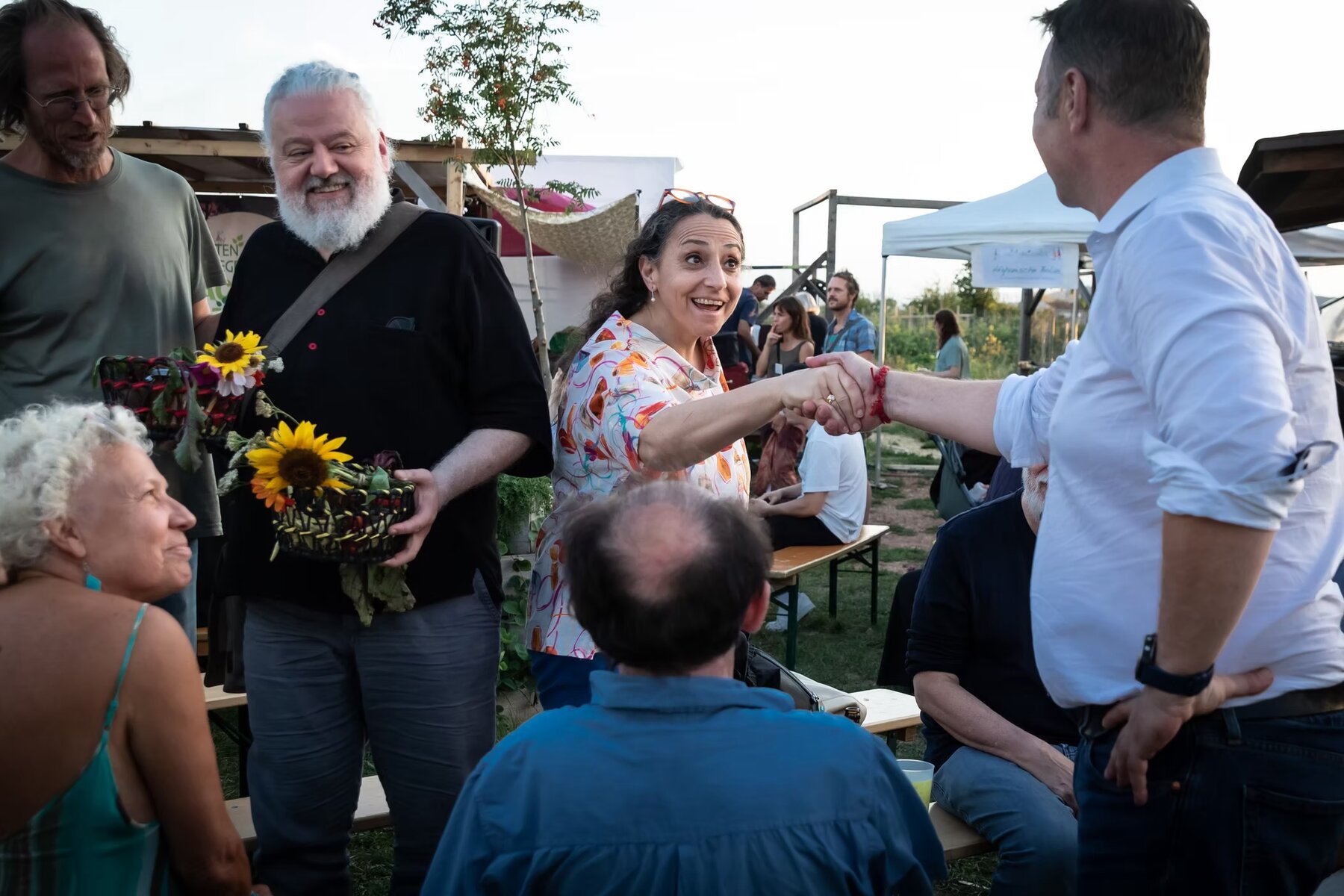
For those wishing to make their community garden a hub for immigrants and refugees, getting in touch with local migrant organizations can help gauge the needs of that community. There are also many organizations eager to support people starting community gardens from scratch, like the Cooperative Extension offices in the U.S. and associations like “Gartenpolylog” in Austria, “Interkulturelle Gärten” in Switzerland and “Urbane Gärten” in Germany.
At home on the field
As the most popular sport worldwide, soccer (known as football by most of the world) is a universal language that many organizations have leveraged to help refugees and migrants.
Fair Shot FC, a U.K. football club launched by the Refugee Council in May 2024, brings together 12 refugee football players from 10 countries. The team plays friendly matches with the fans of partner football clubs, allowing locals and refugees to connect through their love of the sport.
There are many football teams and clubs working with refugees and migrants in practically every country across Europe. In the U.S. organizations like Soccer Without Borders help fans of the sport support local migrant communities. Lacking existing initiatives, some have taken it upon themselves to create them, with a high school student in Brooklyn launching a soccer clinic for migrant children, and a videographer with no prior football experience helping a group of local asylum-seekers organize their own soccer club, Newcomers FC.
Check out this toolkit for the positive inclusion of refugees and migrants through football. Put together by Manchester Metropolitan University, it offers concrete recommendations and examples to get started.
The Spark is generously funded by Laura Rice.






